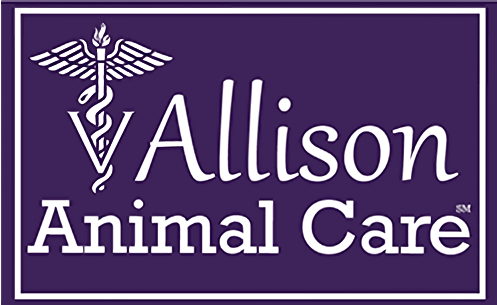Library
-
Mynah birds are best known for their ability to talk and mimic sounds. They are lively, social birds and have wonderfully outgoing personalities. A young, hand-raised mynah will be easier to tame and train compared to a wild, colony, or parent-raised bird. As with all pets, mynah birds require regular, routine veterinary checkups.
-
Neutering and castration are the common terms used to describe the surgical procedure during which both testicles are removed to sterilize a male cat. Neutering is recommended to prevent urine marking and other territorial behavior, such as roaming and fighting with other cats, which increases the risk of contracting disease. Spaying and neutering our pets is a vital step in reducing overpopulation and crowding of shelters.
-
Neutering and castration are the common terms used to describe the surgical procedure during which both testicles are removed to sterilize a male dog. The consensus at this time is that neutering will increase the lifespan of a dog. It is also a vital step in reducing the overpopulation of dogs and the crowding of shelters. This operation requires general anesthesia and complications are rare. A rest period of 5–10 days is needed for recovery after surgery.
-
All pets, including rodents, sugar gliders, and hedgehogs, need an initial examination by a veterinarian and at least an annual check-up to allow for early detection and treatment of potentially life-threatening diseases. During this visit, your veterinarian will perform a physical examination and various diagnostic tests to determine your pet's state of health and to see if your pet might be harboring any diseases that require treatment.
-
While sick birds can occasionally be treated by their owners at home, any bird showing signs of illness should be examined by a veterinarian. Birds that are gravely ill require hospitalization; those that are mildly ill may be treated by their owners under their veterinarian's direction. Medication must be administered as directed. Most pets recover faster when kept at the upper end of their normal environmental temperature and kept on a normal day/light cycle. Sick pets need extra calories to recover, and cage rest is often best while the bird is recuperating. A sick bird should be isolated from other pets, preferably in a separate room. While not often the case, some bird diseases can be transmitted to owners.
-
A nutraceutical is a food or food product that reportedly provides health and/or medical benefits. In addition to diet modifications, exercise, weight loss, and medications, joint support nutraceuticals are also helpful in an osteoarthritis management program. Nutraceuticals are not subjected to the same testing and regulation as pharmaceuticals. Your veterinarian can advise you on products that have been evaluated and have yielded positive effects.
-
A nutraceutical is a food or food product that reportedly provides health and medical benefits. Specific nutraceuticals are commonly used in the management of osteoarthritis in dogs. Because nutraceuticals are not subjected to the same testing and regulation as pharmaceuticals, it is always best to consult your veterinarian before giving any to your dog.
-
The clinical signs of heart failure are seen in many cats as they age. The two most common causes of CHF are chronic valvular disease and hypertrophic cardiomyopathy. Hypertension (high blood pressure) may contribute to heart disease and CHF. Secondary diseases, such as obesity, excessively high thyroid, or kidney disease may require dietary changes. Key nutritional goals are to maintain a stable body weight, deliver appropriate calories, and feed a balanced diet that the cat will regularly eat.
-
When the digestive tract is upset, vomiting and diarrhea may result. Since the causes of these symptoms are varied, it's best to consult a veterinarian. Often, a gastrointestinal (GI) diet is recommended to support the digestive tract and ensure the gut gets the nutrients it needs to recover. A bland diet of cooked chicken and rice might be recommended, but it has several limitations and is not appropriate for long-term feeding.
-
Over 60% of cats in North America are either overweight or obese, so paying attention to the balance between activity and calorie intake is important. Nutrient formulation and portion control are the two most important aspects of weight control. Once you have chosen a formula and have calculated a reasonable daily portion based on calorie density, the best way to stay on track and prevent unwanted weight gain is to combine portion control with regular, formal weigh-ins.

